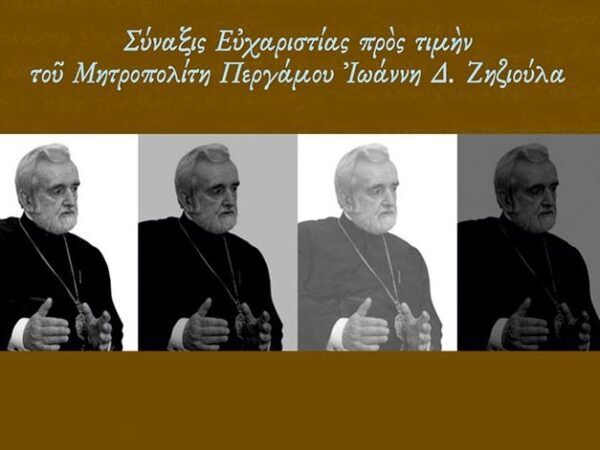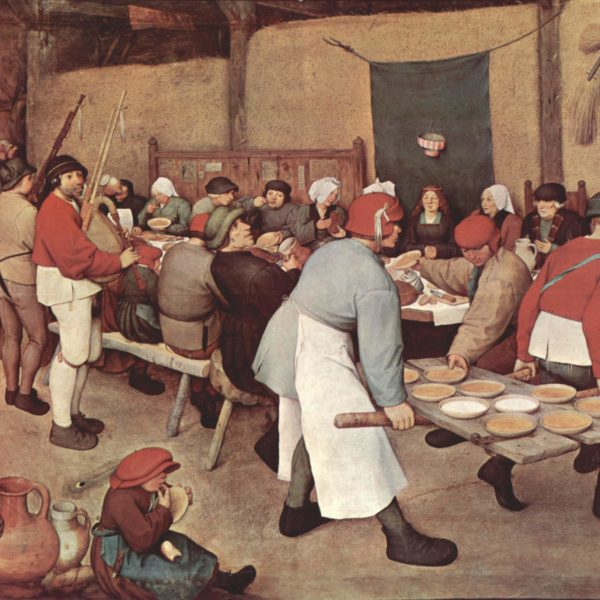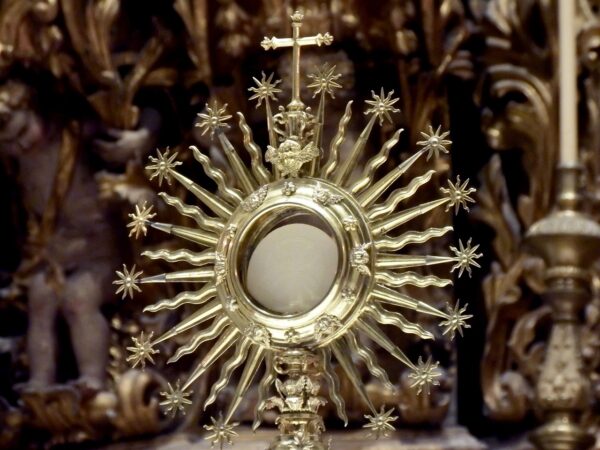
Access to the sacrament of the Eucharist has been weaponized against all those the church deems unworthy, immoral, or in sin. The sacrament that was meant to be a way of knowing and encountering the risen Christ through breaking and sharing of bread has been made into its opposite.
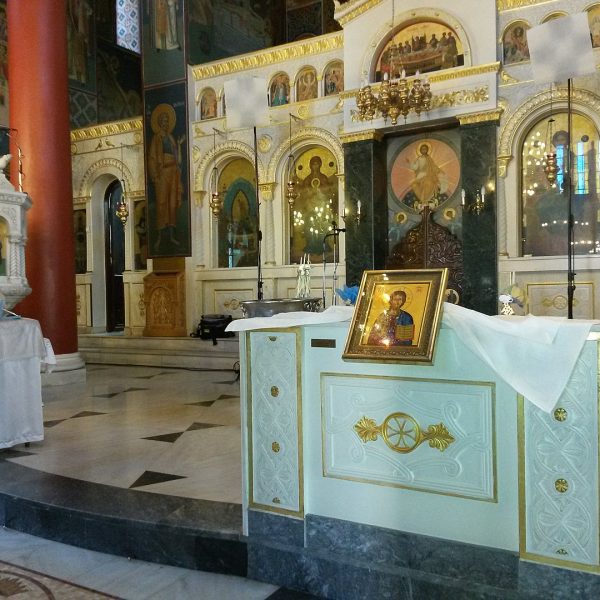
These restrictions must take into careful consideration the historicity of each religious tradition, the social influence of religious beliefs among its citizens, but also theological and exegetical specificities that influence the tradition’s adaptability to the current emergency. Without such thoughtful considerations and a close collaboration with trusted religious authorities, religious communities could be alienated, which can be disruptive in times that require rather unity of thought and action.
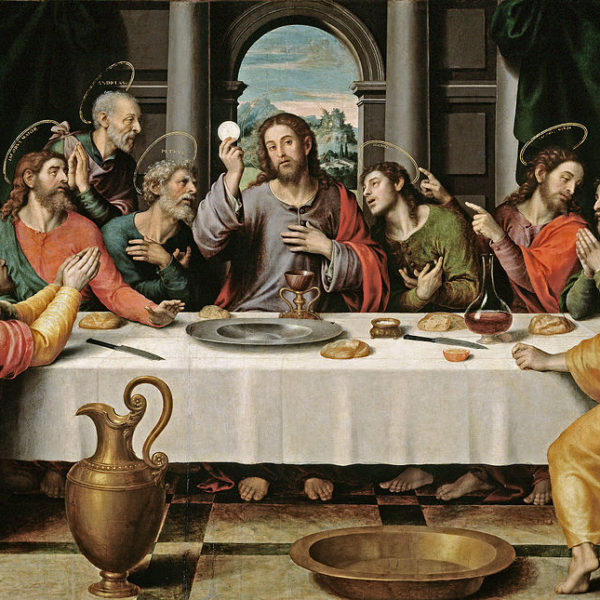
In celebrating the Eucharist, we are engaging in an act of remembering those who were remembering those who were remembering. To remember is to ‘re-member’, to re-attach ourselves to the great story of God’s deliverance.
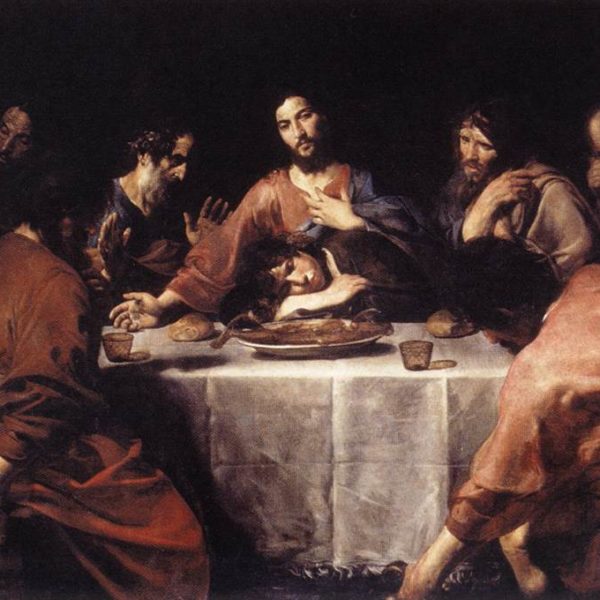
In maintaining a faithful Christian presence in the political realities of this age, few things are more important than living and acting in God’s good time, being people who find their life in the living memory of a sustaining past, who patiently wait in hope for a promised future, and who are kept in the present through faith in the daily mercies of One who is the same yesterday, today, and forever. Christ’s institution of a memorial helps us to do just this.
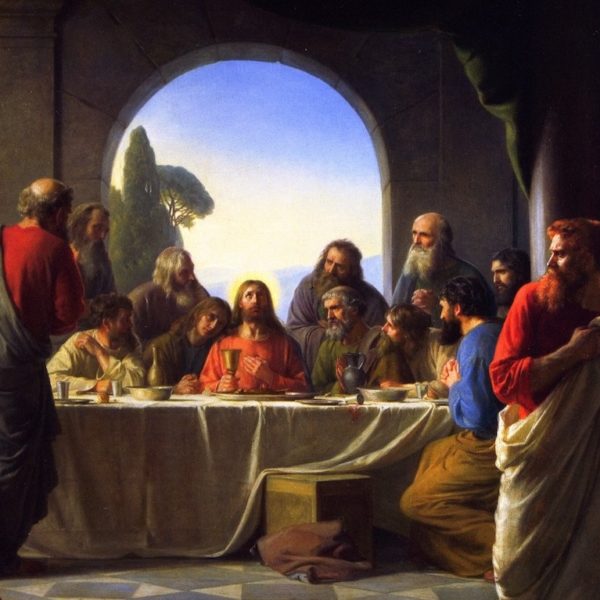
The political significance of Paul’s charge to the Colossians to give thanks to the Father in all things that they say and do is surprising in its far-reaching implications. The proper direction of our gratitude to God, the giver of all good gifts, limits the power of those who would dominate by indebting others, encourages us to release others from their debts to us, and frees us to give to those who cannot repay: it is one of the most radical political actions the Church engages in.



